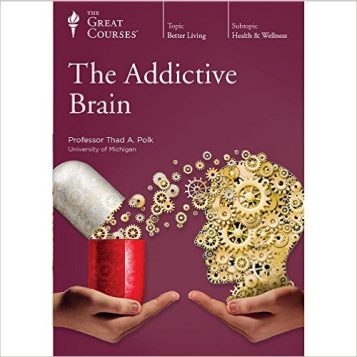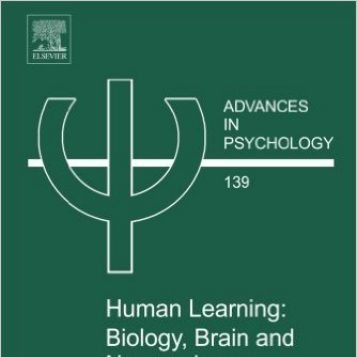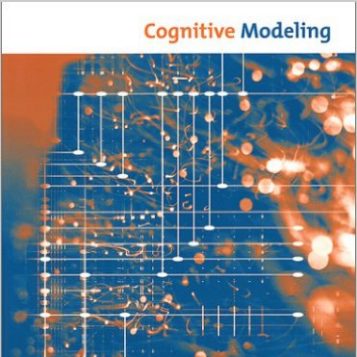Samuel D. Epstein Collegiate Professor of Psychology; Arthur F. Thurnau Professor
About
Additional Research Interests: Neuroscience, Neural architecture
The goal of research in the Computational & Cognitive Neuroscience Lab is to understand the neural architecture that underlies cognition, that is, the set of (relatively) fixed neural structures and processes that give rise to cognition. What are the parts, how do they work, and how do they interact to produce the mind? Ultimately, we would like to understand how the cognitive architecture is determined (e.g., which aspects are genetic), how the architecture changes as a result of experience and normal aging, and how it normally functions (in sufficient detail that we can implement it computationally). To that end, we have adopted a multidisciplinary approach that combines neuroimaging, computational modeling, and behavioral experimentation to make progress on these questions both theoretically and empirically.
For more information including publications, visit:
Computational & Cognitive Neuroscience Lab
Dr. Polk's Michigan Experts profile
The Great Courses
Dr. Polk has also produced five courses for The Great Courses.
Introduction to Cognitive Science reviews the rapidly changing field of cognitive science, which attempts to explain mental processes like language, perception, memory, attention, decision making, and consciousness in computational terms. The course also covers modern artificial intelligence (including deep neural networks, reinforcement learning, Bayesian models, and large language models) and the impact it is having on theories of human cognition. Learn more by visiting the Introduction to Cognitive Science web site.
The Addictive Brain reviews the neuroscience of addiction, examining the symptoms, consequences, and causes of addiction, including how repeated use of addictive substances changes the brain and leads to craving, tolerance, and dependence. Learn more by visiting The Addictive Brain web site. Here are a few blog posts related to the current opioid epidemic:
The Opioid Epidemic: America’s Deadly Addiction
Understanding Opioid Addiction: The Science of Addiction and Treatments
The Science of Addiction: Why Are Opioids So Addictive?
The Opioid Crisis: Fentanyl and The Dangers of Synthetic Opioids
The Aging Brain examines why we age, what happens to the brain and cognition as we age, and what we can do about it. The course examines aging at a genetic, cellular, neural, and behavioral level and reviews strategies that have been scientifically demonstrated to help people age more gracefully. Learn more by visiting The Aging Brain web site.
The Learning Brain explores what’s going on in our minds that allows us to learn so effortlessly and in so many ways. The course examines not only the psychological mechanisms, but also the neural mechanisms involved, including a number of powerful, but very different, learning mechanisms that depend on specific neural circuits. It also discusses how understanding the way learning works can make us more effective learners ourselves. Learn more by visiting The Learning Brain web site.
Shocking Psychological Studies and the Lessons They Teach discusses numerous examples of ethically questionable studies in the history of psychology, ranging from Milgram's obedience study and the Stanford Prison Experiment to the so-called Monster Study of stuttering and the Facebook emotional contagion experiment. In addition to learning about the studies themselves and what they taught us about human behavior, the course also explores how regulations governing psychological experiments have changed to provide greater protections to participants. Learn more by visiting the Shocking Psychological Studies web site.
TEDx Talk
Check out Dr. Polk's TEDxUofM talk: "Aging: It's not what you think."
Alternate Office
Alternate Phone




